Worth The Pay? A Look At The Most Dangerous Jobs In America
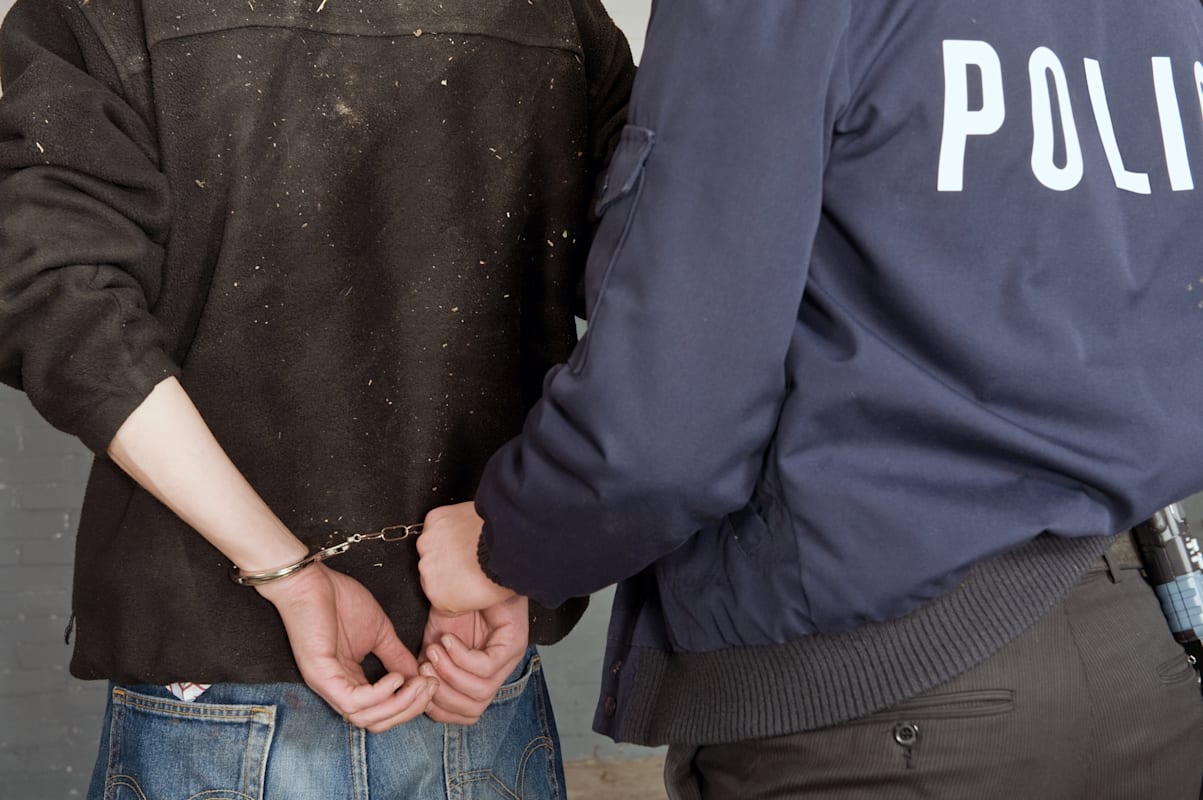
Everyone needs to earn a living wage, but is it worth your life to get paid? While companies make up for work hazards with workers’ comp and other benefits, some gigs are riskier than others.
You’d be surprised what those lines of work are. And surprise, they’re not positions in the military.
In no specific order, here are the most dangerous jobs in America.
Table of Contents
Loggers
When you think of a dangerous job, a police officer is probably the first to come to mind. After all, they carry a gun all day and chase after criminals.
However, going strictly by the numbers, logging is the most dangerous job in America. This includes both injuries and fatalities. For every 100,000 workers, there are 2,449 injuries and 135.9 fatalities.
Logging accidents can happen for a number of reasons, such as falling logs and trees. They also happen when workers fall off logging equipment or get crushed between objects and equipment.
While being inside of machinery helps prevent injuries, ground-based machinery can’t be used on many slopes.
Despite the danger of the job and the general lack of public visibility in the metropolitan areas, logging workers are well protected. Workers’ compensation provides benefits for on the job accidents. Logging workers can go to work knowing that an injury will get them thousands of dollars in claims.
The Occupational Safety and Health Administration (OSHA) has also added regulations that include more protective equipment and better work procedures.
Logging is an essential industry for many products, including paper production to wood furniture. However, the type of work they do makes it one of the most dangerous career choices.
Fishers
Fish don’t just magically appear in seafood restaurants or in the seafood aisle at your local supermarket. Fishing workers spend their days out on the sea wrangling catfish, shrimp, and other ocean life, even in turbulent weather.
For every 100,000 workers, 74.2 die as a result of on-site injuries. In 2017, there were 41 deaths according to the U.S. Census for that year.
Fishing workers spend the majority of their time out on a body of water. Sometimes, they work in hazardous conditions, such as during storms or in a heavy fog.
The most common cause of death for fishermen on the job is drowning. Especially in the middle of a storm, it’s easy for workers to fall off their boat and get lost under the waves.
Additionally, the various equipment and tools can cause injuries, such as with sharp blades. They can also suffer physical strain, consider how strenuous the job is.
Power Lineman
Any job that requires you to do your work high up from the ground is one that comes with work hazards. All it takes is one slip or one piece of malfunctioning equipment, and that worker plummets to the ground.
Utility workers, such as power linemen, face such risks every day. They install and maintain power lines, telephone lines, and cables for all your internet and television needs. They’re also the ones who get called in when a power line is malfunctioning or is downed.
Even when they do everything right, workers are constantly at risk of injuries via equipment or electrical burns. Slips and falls are actually the main cause of death for electricians, which is made more possible when working from atop an aerial lift.
In the case of injury, workers’ compensation should cover you while you recover, but faulty equipment might be to blame. If that’s the case, reach out to a power lineman injury lawyer to file a third-party lawsuit to make a claim for additional damages.
Aircraft Pilots
The last thing anyone wants to hear is that aircraft pilots are one of the jobs with the most fatalities, let alone on the job accidents. However, pilots and flight engineers have a fatality rate of 50.4 deaths per 100,000 workers. To top it off, the most common fatal accidents happen during transportation.
Despite appearances, this doesn’t translate to a high number of airliner crashes. The majority of these pilot fatalities actually happen with privately-owned planes or with helicopters.
The airplanes most people use to travel across the country are kept safe through a combination of planning and communication with air traffic control. They monitor the systems before and during a flight, meaning that flight ends up being much safer than even driving your car.
Firefighters
One of the more predictable career choices on this list, firefighting is easily one of the jobs with the most possible work hazards. After all, they fight fire for a living.
It’s estimated that there were over 60,000 firefighter injuries in 2019, with 23,825 of them happening at the scene of the fire. Other injuries happened during non-fire emergencies, at a training activity, or during other on-duty activities. There were also firefighters exposed to infectious diseases, asbestos, and harmful chemicals.
Luckily, these workers are well protected in their career choice, both by protective gear, as well as by law. However, that doesn’t mean accidents don’t still happen.
Police Officers
You can’t mention dangerous jobs without giving police officers their fair shake.
Police officers deal with enforcing the law, which includes writing up tickets, breaking up domestic disputes, and patrolling the street. They also get involved in firefights and arrest dangerous criminals.
In 2019, according to the FBI, 89 law enforcement officers were killed in the line-of-duty. Half was a result of criminal activity, while the other half happened due to an accident.
Important but Dangerous Jobs
There are a number of factors that make for dangerous jobs. Sometimes, accidents happen when dealing with heavy machinery.
Other times, the conditions of the workplace are work hazards themselves. On the job accidents happen every day, but it’s up to the employer to minimize the threat.
For more tips and information, check out our other articles on workers’ compensation, car accident compensation, and more.

 Protect Your Rights With a Criminal Defense Attorney
Protect Your Rights With a Criminal Defense Attorney  How to Find a Crime Victim Lawyer
How to Find a Crime Victim Lawyer  Criminal Defense Laws – Know Your Rights
Criminal Defense Laws – Know Your Rights 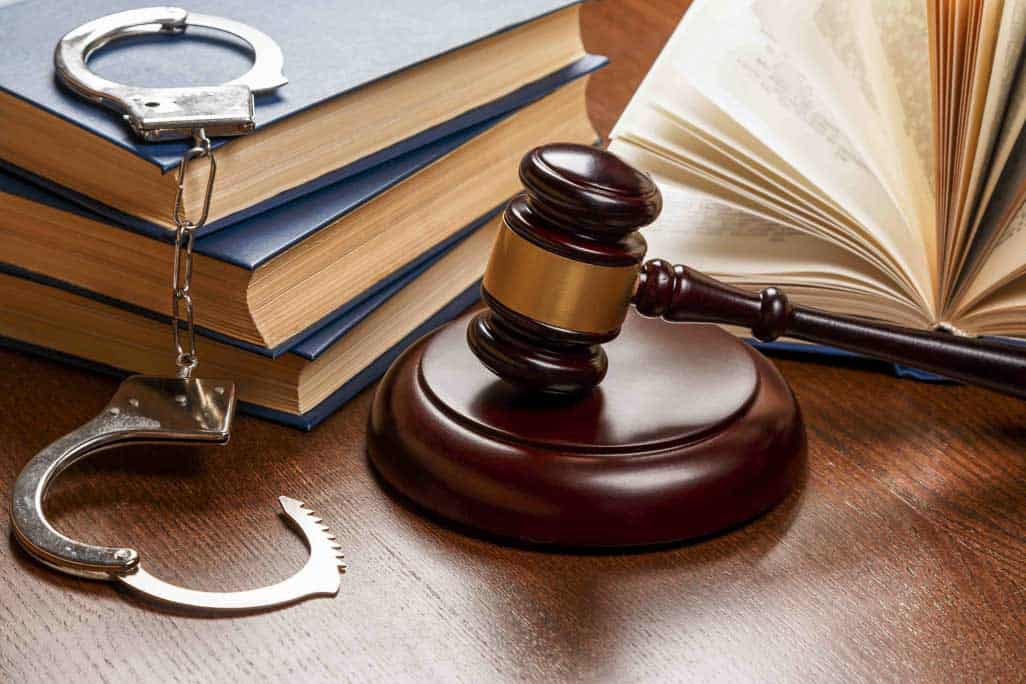 Criminal Laws in Columbus, Georgia
Criminal Laws in Columbus, Georgia 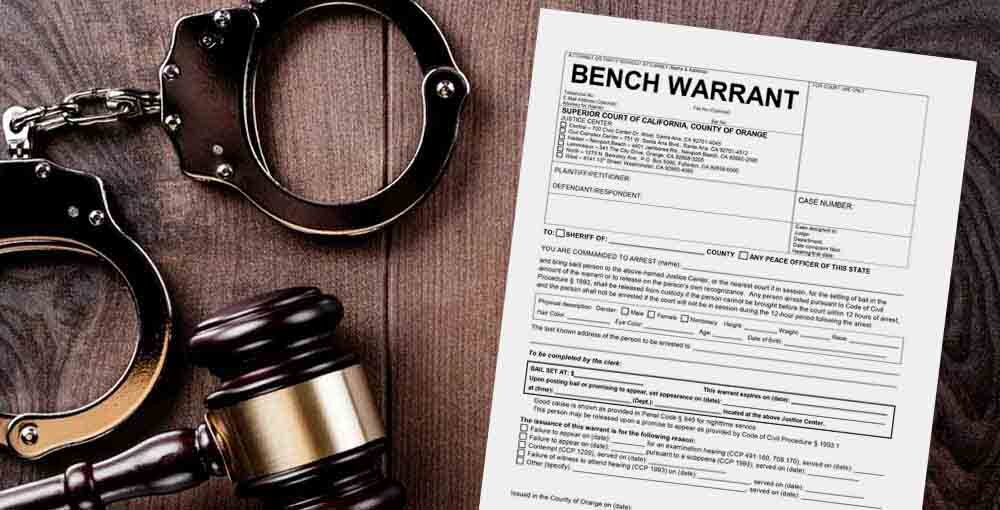 Will a California Warrant Search Show Old Warrants?
Will a California Warrant Search Show Old Warrants?  How a Public Data Search Can Save You Money
How a Public Data Search Can Save You Money 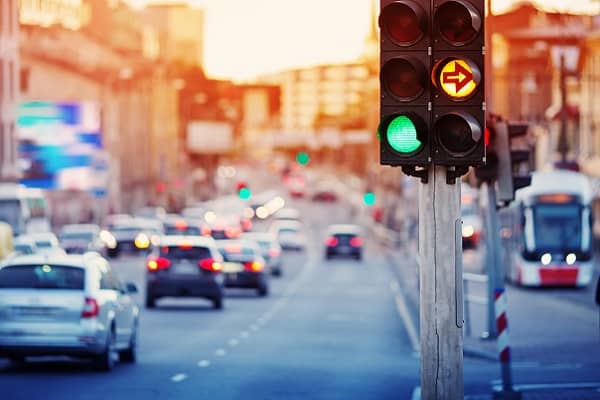 The Evolution of Traffic Laws: How Road Regulations Have Changed Over Time
The Evolution of Traffic Laws: How Road Regulations Have Changed Over Time  Are LLCs More Cost-Effective Than Corporations? Exploring the Costs of Formation
Are LLCs More Cost-Effective Than Corporations? Exploring the Costs of Formation  Ready to Ship Engagement Rings in Singapore: A Perfect Choice for Your Special Moment
Ready to Ship Engagement Rings in Singapore: A Perfect Choice for Your Special Moment 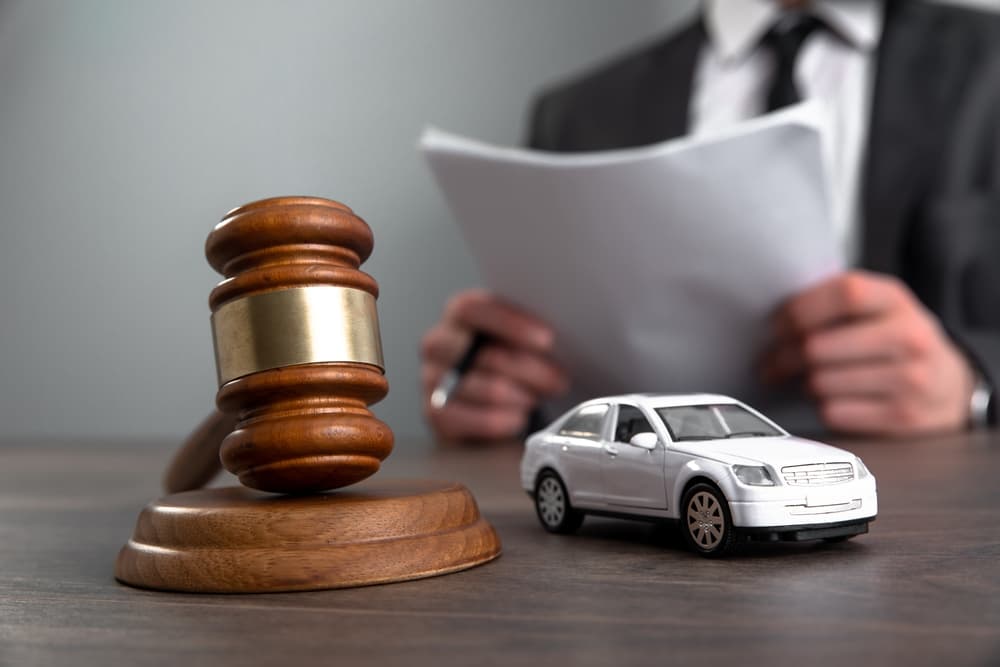 Vehicle Accident Lawyers: Expert Legal Support for Your Claims
Vehicle Accident Lawyers: Expert Legal Support for Your Claims